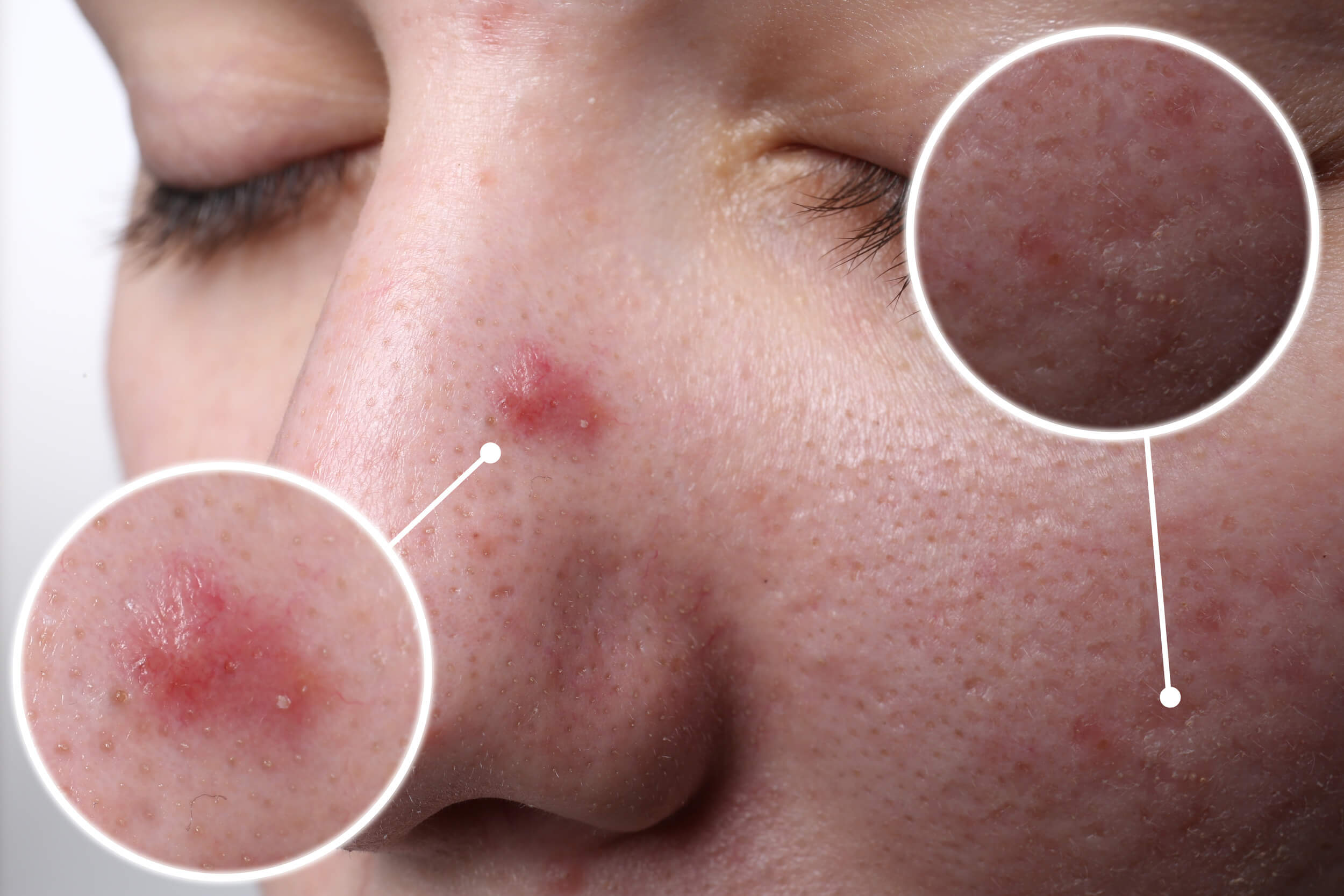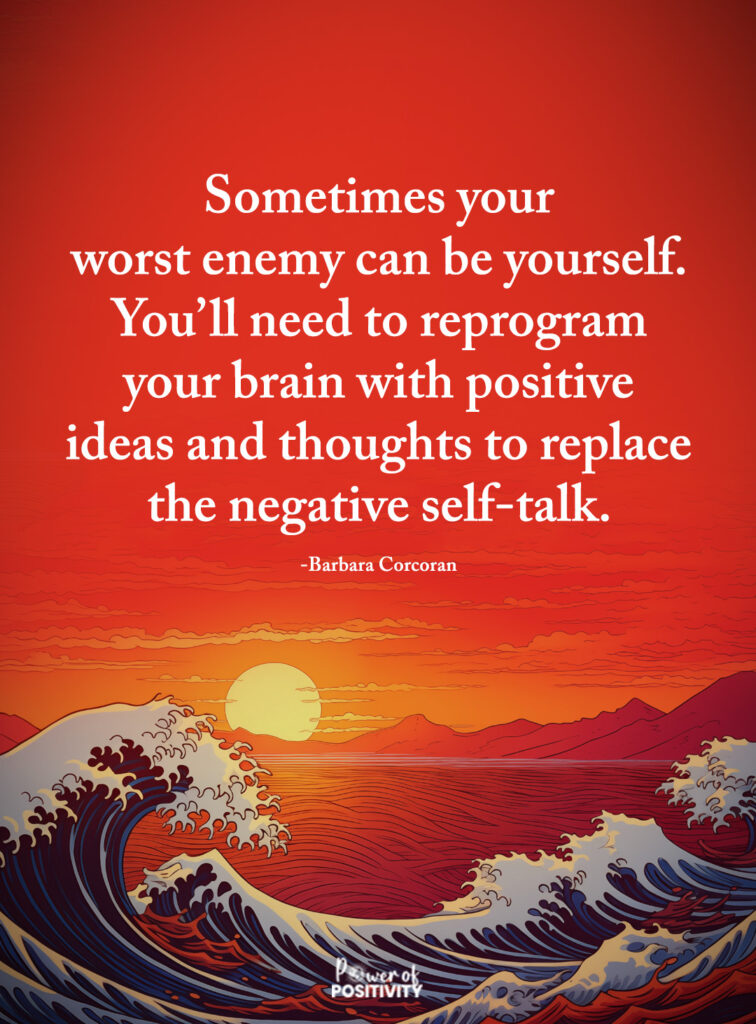Have you ever wondered why those stubborn breakouts keep showing up in the same spots? Acne isn’t just about clogged pores or oily skin. Many times, it’s your body’s way of sending signals that something inside needs attention. What your acne is telling you depends on where it appears and what’s causing it. From hormones to stress to daily habits, these breakouts can give clues about your overall health. For emotionally strong women who already balance so much, understanding what your skin is saying can make a real difference. The good news? You don’t always need harsh treatments or expensive products. Simple, natural changes can help bring your skin—and your body—back into balance. In this guide, you’ll see how different acne spots can point to specific issues and what steps you can take to support clear, healthy skin.
What Causes Acne?
To understand how acne starts, it helps to know what’s clogging your pores and what might be triggering breakouts.
The Root Problem: Blocked Pores
Your skin has tiny holes called pores. When these pores get blocked, acne shows up. The main things that clog pores are:
- Extra oil your skin makes.
- Dead skin cells that don’t shed properly.
- Bacteria that live on your skin.
When these mix together, your pores swell up and turn into pimples, blackheads, or whiteheads.
Internal vs. External Triggers
Many things inside your body can start acne, while outside factors make it worse. Inside your body, acne can be triggered by:
- Hormone changes (especially during puberty, periods, or pregnancy).
- Eating too much sugar, dairy, or greasy food.
- High levels of stress.
Outside your body, these can also play a role:
- Heavy makeup or skin care products that clog pores.
- Air pollution.
- Touching your face often.
- Wearing hats or tight clothes that trap sweat and oil.
For emotionally strong women who handle daily stress, these small triggers add up. Knowing what sparks your breakouts helps you treat acne better.
Face Mapping: What Your Acne Location May Reveal
Where your acne shows up can give helpful clues about what’s happening inside your body.
Forehead Acne — Digestive & Liver Stress
Breakouts on your forehead might be your gut or liver asking for help. Poor digestion or eating too much processed food can slow your system down, which may show up on your skin. Paying attention to what your acne is telling you can point you toward simple fixes. To help:
- Drink plenty of water to flush toxins.
- Eat fiber-rich foods like fruits, veggies, and whole grains.
- Try herbal teas like dandelion or milk thistle to support your liver.
Emotionally strong women often balance work, family, and health. These simple habits help both your skin and your energy stay strong.
Cheek Acne — Respiratory & Environmental Factors
If you get pimples on your cheeks, it may be linked to the air you breathe or things you touch. Triggers can include:
- Air pollution.
- Allergens or smoke.
- Dirty pillowcases and phones pressed against your face.
Small steps can make a big difference:
- Wash pillowcases often.
- Wipe down your phone regularly.
- Avoid smoking and stay away from secondhand smoke.
- Use an air purifier if needed.
For emotionally strong women keeping their homes clean and safe, these habits protect both the lungs and the skin.
Chin and Jawline Acne — Hormonal Imbalance
Breakouts around your chin or jaw often point to hormone changes. This can happen during:
- Menstrual cycles.
- Polycystic ovary syndrome (PCOS).
- Other hormone shifts.
To support balance naturally:
- Eat healthy fats like avocados, nuts, and olive oil.
- Avoid processed foods that spike hormones.
- Add herbs like maca or chasteberry (after checking with your doctor).
For emotionally strong women managing their schedules, staying steady with healthy food and habits can help keep hormones and skin calmer.
Nose Acne — Cardiovascular & Blood Pressure Signals
Pimples on your nose might reflect issues with your heart or blood pressure. Though it sounds surprising, your skin sometimes shows what’s happening inside. To support your health:
- Cut back on salty foods.
- Eat leafy greens, berries, and foods rich in potassium.
- Keep up with regular exercise.
Even small steps can support circulation and skin health. Emotionally strong women often take charge of their well-being early, making these simple changes part of their daily routine.
Back & Chest Acne — Sweat, Hormones, and Skin Care
Body acne often shows up after workouts or hot days. Sweat, tight clothing, and hormone shifts can trap oil under your skin. Paying attention to what your acne is telling you can help you adjust your routine. Helpful habits include:
- Wearing loose, breathable fabrics.
- Showering right after sweating.
- Using gentle, fragrance-free cleansers.
- Avoiding heavy body lotions that clog pores.
Emotionally strong women know small daily choices make a big impact. With a few adjustments, back and chest acne often clears up quickly.
Natural Lifestyle Changes That Support Clear Skin
Making small changes in your daily habits can help your skin heal naturally from the inside out.
Diet Adjustments
What you eat shows on your skin. Certain foods can make acne worse, like:
- Sugar.
- Dairy.
- Processed snacks.
Instead, focus on:
- Berries, leafy greens, and vegetables.
- Fatty fish like salmon for healthy fats.
- Whole foods that reduce inflammation.
Staying consistent helps your skin and overall health stay steady.
Gut Health Support
A healthy gut often means clearer skin. Your gut and skin talk to each other more than you think. To support good gut bacteria:
- Eat yogurt (if you handle dairy well).
- Add fermented foods like sauerkraut, kimchi, and kefir.
- Include prebiotic-rich foods like garlic and onions.
Better digestion means fewer toxins that could trigger breakouts.
Stress Reduction
Stress raises cortisol, which can spark acne. To lower stress:
- Practice simple breathing exercises.
- Take short daily walks.
- Try light stretching or yoga.
- Stick to a regular sleep schedule.
Keeping stress low helps balance hormones and calms the skin too.
Clean Skin Care Routine
UUsing the right products matters. Harsh cleansers can strip your skin, making acne worse. Instead, start paying attention to what your acne is telling you and choose products that support your skin’s needs:
- Use non-comedogenic (won’t clog pores) products.
- Gently wash your face twice daily.
- Avoid scrubbing or using rough exfoliators.
- Always remove makeup before bed.
These habits protect your skin barrier and prevent future breakouts. When you follow your skin’s signals, small changes in your routine can lead to clearer, healthier skin.
When to See a Professional
Sometimes acne needs more than home remedies, and knowing when to get expert help can make all the difference.
Signs You May Need Extra Help
Sometimes, acne won’t clear up with home care. It’s a good idea to see a professional if:
- You have painful cystic acne.
- Scars are starting to form.
- Acne is affecting your confidence or mood.
- Natural treatments haven’t worked after a few months.
A professional can help create a treatment plan that fits your body’s needs.
Natural Treatments Professionals May Recommend
Holistic treatments can work alongside medical care. Some options include:
- Herbal supplements customized to your hormone balance.
- Acupuncture to support circulation and reduce stress.
- Special diets guided by a nutritionist.
- Professional advice to make sure supplements are safe for you.
Getting help can bring both your skin and body into better balance.
Final Thoughts: Listening to Your Skin’s Messages
Your skin isn’t just breaking out for no reason. Many times, acne is your body’s way of saying something inside needs attention. What your acne is telling you often depends on where it shows up and what triggers it. When you pay close attention to where breakouts happen, you can spot patterns and take simple steps to help. Eating better, lowering stress, and using gentle skin care can all add up over time. Even emotionally strong women can benefit from slowing down and listening to what their skin is telling them. With steady habits, your skin can start to heal, and those breakouts may finally fade.















